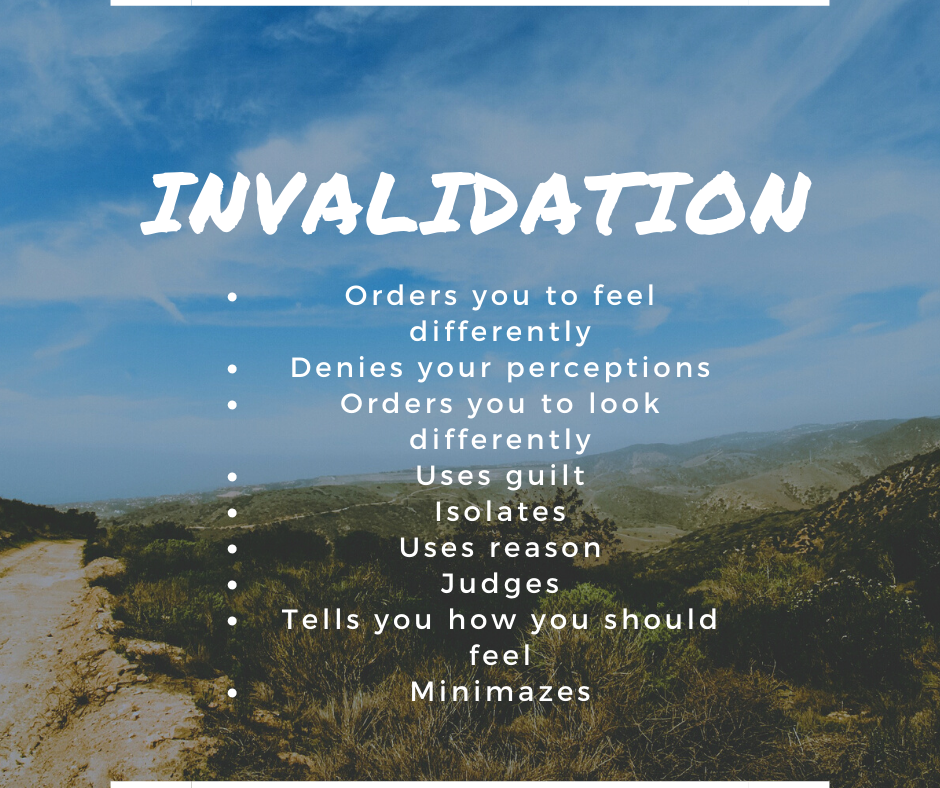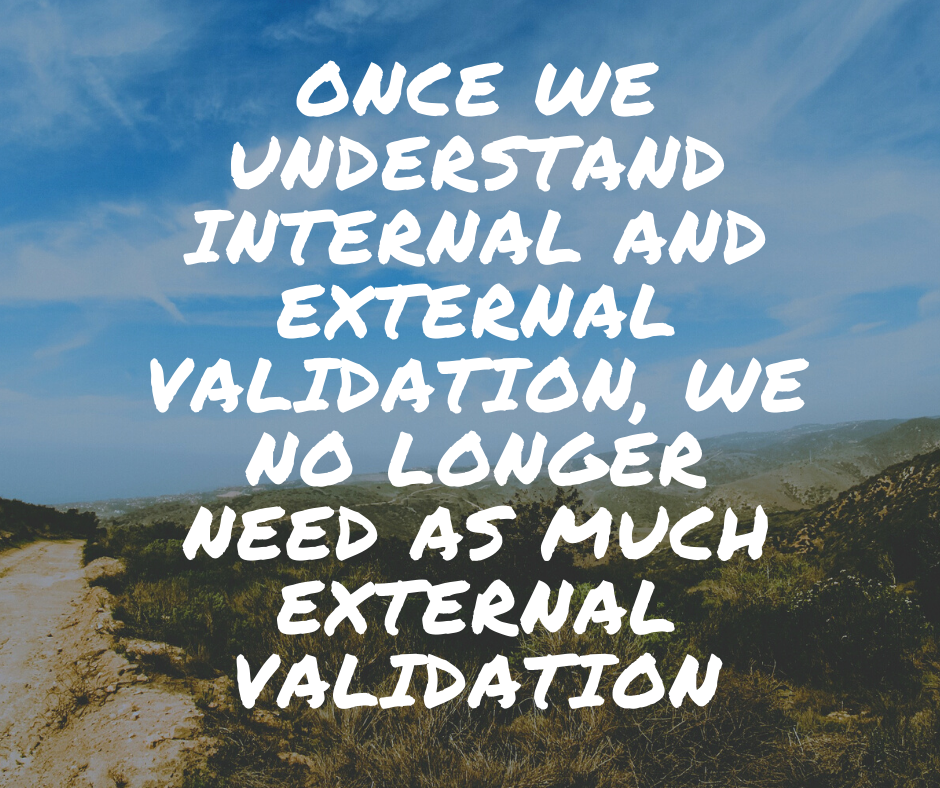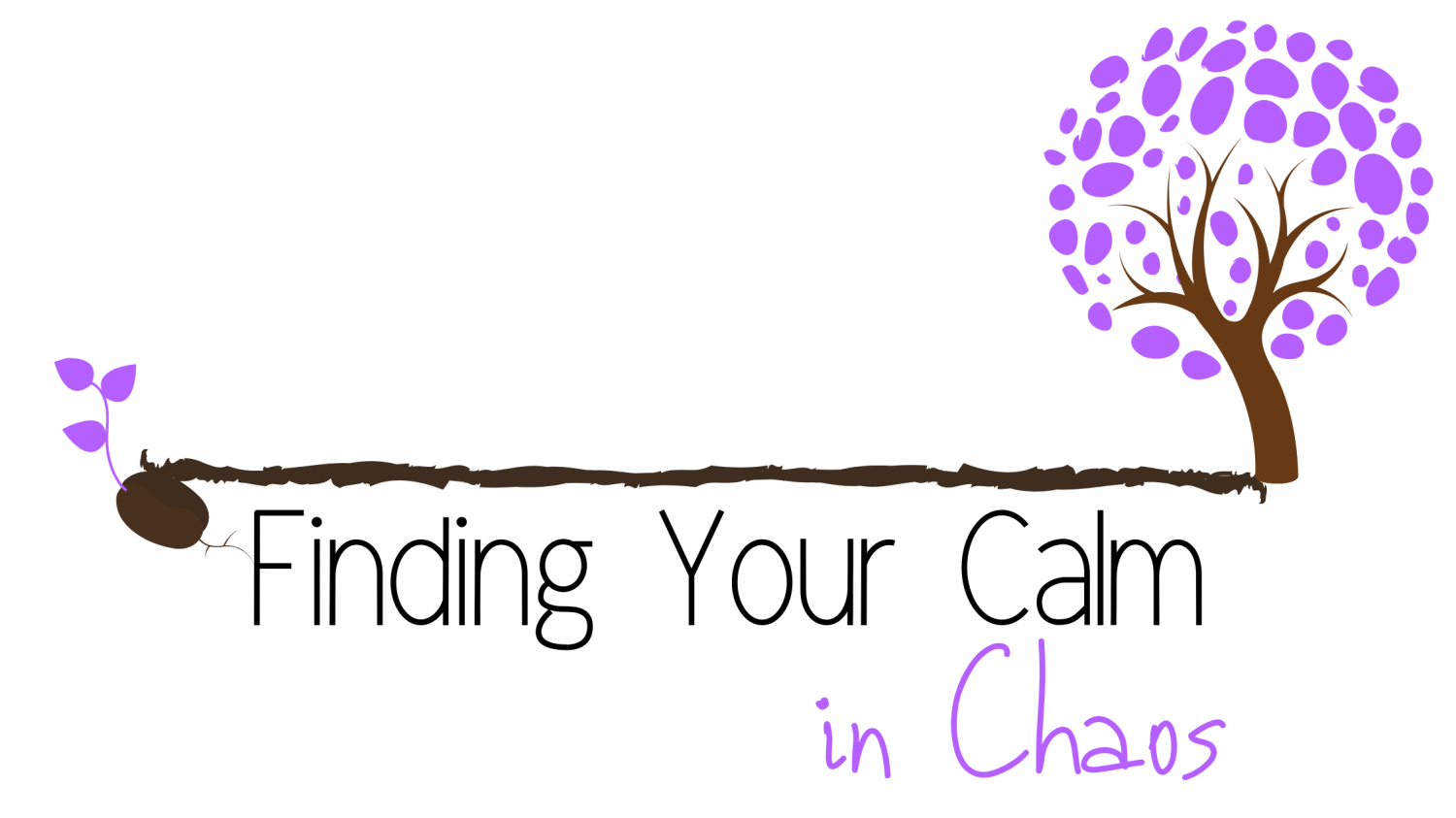
2020 has been an interesting year thus far, we have been hit with a worldwide epidemic of proportions not seen in modern times. With COVID 19, the world slowed down, well, not just slowed down but stopped. We all have taken to social media to keep in touch with loved ones, express our thoughts, and pass the time. Forums like Facebook, Instagram, and Twitter have allowed us to watch how not only our country is handling this crisis but how people from countries across the world are dealing with it. Here, we can see, how others have adjusted to working from home, being away from loved ones, wearing the unprecedented requirement of masks, and following social distancing. This has been the year for social media without a doubt!

Every day social media allows us to watch news clips and videos from around the world. One of my favorite videos that came out during this time took place in Italy. During the mid-’90s, my husband, my children, and I lived in Italy and we still have close connections with lifelong friends there. So what the country went through is near and dear to my heart. Northern Italy was hit extremely hard with this virus and the lockdowns came a few weeks before we felt it here in the United States.
In this particular footage, you can see locals on their balconies dancing and singing to Italian music. The high rise apartments are a pale, neutral color and the balconies looked as if they were about 15 to 20 ft apart, although they were probably further. On each balcony stood at least one person, a few older and alone, and others with their immediate family members. Some were smiling, some looked exhausted and defeated, others were waving, smiling, and dancing. As you watch, you realize that like most Italian communities, these people need each other and this time apart was wearing them down. Somehow, the feeling you get while watching is touching and joyful. I watched this video a few times and I realized something. They were validating one another. Through waves, smiles, or music, each was letting the others know it was going to be okay and that what they were going through was going to turn out alright. They were not judging each other but silently letting each other know they were all in this together. They seemed to be saying thank you for being my friend, I miss you, it is going to be okay, we will get through this, I know you are lonely but I am here. It touched my heart. This sense of community I was watching made me think about my own life. Was I validating those I loved enough? Was I letting them know that everything was going to be okay, that we will get through this, that I am here?

When we think of validation, we often think of a therapist sitting with a client, validating what their client feels, and helping them to turn their internal thought processes from negative to positive. I have always been intrigued by the different types of validation that the psychology field has identified. A few years ago, I wanted to understand how validation affected our lives. I was already familiar with the terms validation and invalidation but as I researched, I was intrigued by how positive validation and invalidation as a child can affect our self-esteem later in life, and how the internal validation and external validation concepts can add both positive and negative aspects to our inner dialogs and our communication. Before we explore the more intricate parts of this subject and how we can implement them into our lives, let’s take a look at what validation and invalidation are and how they can affect us.
What are validation and invalidation?
Validation is the concept of recognizing or affirming a person’s opinions or feelings. When we validate someone, we are letting them know that what they are feeling is valid and valuable.

Invalidation is the exact opposite of validation. It denies, dismisses, and rejects a person’s opinions or feelings. When we do this we are telling them that what they are feeling is wrong, unacceptable, inaccurate, or insignificant. It is judgmental, often it is blaming, and minimizing.

Validation and invalidation are two things that can deeply affect our self-esteem. How we feel about ourselves can determine every aspect of our relationships, careers, family life, even our interests, and hobbies. It can affect how we communicate, how we treat others, how we handle crises in our lives, and even how much we enjoy happy times. When we feel validated, we feel free to communicate freely, express our feelings, our wants, and our needs. When we feel invalidated, we can become insecure in our relationships and our jobs. To understand how this all connects, let’s take a look at what validation and invalidation sound like.
What do validation and invalidation sound like?
Validation is supportive.
It recognizes how you feel It’s normal to feel this way, you did not deserve that, that must have been scary for you! Your feelings are valid. You are allowed to feel that way. It is natural to feel that way.
It’s non-judgemental It’s okay to cry, this must be difficult
It’s thankful Thank you for being in my life, thank you for remembering my birthday, etc.
It’s genuine I am sorry that I hurt you, is there anything I can do?
It’s attentive Help me understand the situation, How are you feeling today? I hear you, I am listening
It’s interested Tell me more about, it makes sense that you feel, I want to hear about your day, How is this affecting you?
It’s loving I love you, that meant so much to me, you are always there when I need you
It’s empowering Can I get your opinion on ____, Can you help me figure this out, or you are so good at that!

Invalidation is unsupportive
Orders you to feel differently Stop being so sensitive, get over it, move on, your still upset about that?
Denies your perceptions You got it all wrong, you are taking this too personally.
Orders you to look differently Don’t look so sad, angry, proud, mad
Uses guilt I tried to help you
May try to isolate your feelings from others No one else feels that way, you are making everyone else miserable.
Uses reason There is no reason you should feel that way
Judging You are hopeless
Telling you how you should feel You should feel happy, stop being a negative Nancy
Minimizes your feelings You must be joking. It is not that bad.

Validation of Children
When we have children we focus on helping them grow into healthy adults. As babies, we encourage them to reach their milestones, we teach them their ABCs, and how to count. We make sure they are getting enough sleep and bath properly. We make sure that they feel loved and are getting enough socialization. We tell them they are smart and beautiful. We encourage healthy self-esteem. But are we actively teaching them that their feelings are valid? It is okay to be sad, happy, angry, lonely, tired, etc. We as parents must encourage them to recognize their feelings by validating their feelings. Often we try to talk a child out of their feelings but wouldn’t it be healthier to explain to them that their feelings are okay, just as they are? Telling them not to be upset, that doesn’t really hurt, or everyone feels like that at one time, is not validating them. We often tell children to control their feelings or stop crying. But are we really teaching them how to do that? When we stop trying to fix their feelings or rescue them from their feelings, they learn how to recognize and deal with their feelings. Isn’t that what most adults are aiming to do? What a wonderful thing it would be to teach children that their feelings are okay!

Lets take a look at the following example
Callie is 6 years old. She is a happy, outgoing little girl. Her family is active and spends a lot of time outdoors. On a daily bike ride with her parents, Callie falls off her bike and starts to cry. Her father immediately tells her she is fine, to climb back on that bike, be tough, and not act like a girl. Callie looks at her father and realizes she has disappointed him and tries to stop the tears as hard as she can. What Callie’s father has just unknowingly taught his young daughter, is that her feelings of hurt and pain are not real, that showing her feelings is a sign of being weak. He has also told her that somehow crying is a girl thing and to be equal to boys she must not cry when she is hurt or upset. This seems like a small, normal reaction from her father but this invalidation of her feelings has long term effects on a growing girl. As Callie gets older, she unknowingly does not trust her feelings of pain, hurt, and strives to hide her true feelings so she can fit into a “man’s world.” The lasting effects of invalidation drive her into a life of competition and she is untrustful of her own feelings. Validation of a child’s feelings is of the utmost importance to raise healthy children that will, in turn, be healthy adults.

Internal Validation
We all have that little voice inside our head. You know the one that tells us we are not good enough, that we failed when we should have triumphed, the voice that tells us we should be thinner, smarter, stronger, if only we were prettier than we would feel better, life would be easier and that somehow we just are not good enough. We externalize our feelings of inadequacy by working out harder, yo-yo dieting, buying that new dress, and dismissing compliments. We freely give out validation to our spouses, children, and complete strangers when we are actually telling ourselves we just do not compare.
A few years ago, I said something out loud that came from that little place of invalidation inside our heads. I was helping my oldest daughter paint her dining room and had slipped off the ladder. On my way down, I dropped a freshly dipped paintbrush onto her antique carpet. As I struggled to wipe the paint off her carpet I was almost in tears about my stupidity, I said out loud how much of klutz I was and how I was an idiot. My beautiful daughter turned to me and said “Mom when we were little and we use to make a mistake or break something, you would tell us it was okay and not to cry over spilled milk. You are not clumsy nor are you an idiot. You are human just like the rest of us.” This statement from her, even after I had possibly ruined her 20-year-old carpet, of kindness and understanding, made me realize that I had been kind to my children through external validation but incredibly hard on myself with my internal validation.

Throughout our lives, we are told to think positively, be kind to ourselves, and be our own best friend. However, let’s face it, many of us are our worst critics. I have often said to people in my life, I understand I disappointed you but you do not have to keep reminding me, I am harder on myself then you could ever be on me. We all want to validate ourselves, to be kinder to ourselves but this is easier said than done.
Many times when we fail at something externally, our brains flood with thoughts of inadequacy. How can we change this? After much research on this subject, I came to the following conclusions. The only way we are going to change the invalidation we do to ourselves is to become aware of invalidating thoughts and learn to speak kinder to ourselves. If someone we love makes a mistake we usually tell them that it is okay and that they will do better next time. Why are we not as kind to ourselves?

Let’s take a look at the following example of phrases we may sometimes tell ourselves and what we can think instead.
I should have known better, I am an Idiot. I am human and make mistakes just like everyone else.
I just knew that I would fail at that, again. I did my best, it is OKAY to sometimes fail.
If I would just lose 10 lbs, I would be as pretty as her It is okay to have a few extra pounds, I am fine the way I am.
If I were smarter, I would have gotten that promotion instead of him I will get the promotion when I am ready. It is okay to be where I am at for now.
We must become aware of the invalidation we tell ourselves and actively work on changing the internal dialogues that pass through our minds every day. Until we recognize these thoughts as self-defeating we will never achieve calmness in our chaos.
 By recognizing our invalidating inner dialogue we can begin to actively change our thought processes. Try keeping a journal for 48 hours of all invalidating thoughts. Write down healthier ways to think about those situations.
By recognizing our invalidating inner dialogue we can begin to actively change our thought processes. Try keeping a journal for 48 hours of all invalidating thoughts. Write down healthier ways to think about those situations.
External Validation
Internal validation is lasting and we can maintain it because we can control our thoughts. External Validation is the validation we get from others. This we cannot control nor maintain. Eternal Validation is short-lived and often superficial, “You look great with that new haircut,” “You are so beautiful today,” “Wow! You did a great job with that project.” Though it feels good, the rush we get from it, goes away as quickly as it came. The need for external validation can lead us to people pleasing behavior, debt, and risky behavior if it includes needing sexual validation or validation from extreme sports.
The need for external validation can become almost addictive. Let’s take a look at this example:
Amber posts a photo of herself on facebook. She gets a few likes and a few comments on how beautiful she looks. She feels good for a little while. A few days later she posts another photo and again she gets the same response. Within months she is posting pictures of herself wearing less and less clothing and is wanting more and more likes on her facebook page. She may also start doing this on instagram. Before she knows it, she is getting messages from people telling her she might be taking this a bit far and is attracting questionable “friends” on her facebook. This extra attention becomes external validation for her and she continues to degrade herself for the rush.
Let’s take a look at one more:
Matt posts a political post on facebook and he receives a few likes. Some of his friends comment how they 100% agree with him. He then posts another one that is a bit more controversial and gets even more likes and the normal pats on the backs in the comments, “Hey Matt, couldn’t agree with you more!” Within weeks he is posting very controversial subjects and using graphic profanity. His friends are still cheering him on and he continues with this behavior, regardless of how offensive it is.
Both Amber and Matt have fallen victim to the ugly side of external validation and possibly have damaged their reputations in the process.
I read something a while back that stated that once we understand how internal and external validation work, our brains automatically can determine this and we actually need less external validation! My first thought was this can not possibly be true. This could not be this easy. I decided to try to disprove this theory with a simple experiment. For a period of 48 hours, I would listen closely to each conversation I had and when I received validation I would reply with a simple thank you. Yes, a few people might have thought that was odd behavior but the results of the experiment were incredible. We are not only externally validated more than we think we are but I also came to the conclusion that many times when someone validated me, my thoughts in my head were invalidating! For example,
A family member commented on my cooking and how wonderfully I had made a certain dish. I immediately remembered the dish, and began to think of how I could have done this better or added less salt. But because I was doing this experiment. I simply said thank you and decided to internally validate myself with a simple, yes, that was a good dish.
This experiment showed me that I was not recognizing much of the external validation because of my internal invalidation. As soon as I began, mentally checking myself on my internal validation, I actually stopped needing external as much.
In addition to realizing that I was externally validated more than I realized and that I was internalizing those validations with invalidating thoughts, I came to the final conclusion that I may not need as much external validation now that I was aware of my self defeating internal validation thought process. My experiment had proved, not disproved, that once we understand internal and external validation, we no longer need as much external validation. Yes, it had been this simple!

 Try my 48 hour experiment for yourself. Everytime you hear an external validation, just say thank you. Listen for your internal invalidation or validation! Pay attention to how you speak to yourself. Are you being kind to yourself?
Try my 48 hour experiment for yourself. Everytime you hear an external validation, just say thank you. Listen for your internal invalidation or validation! Pay attention to how you speak to yourself. Are you being kind to yourself?
We go through much of our lives not even thinking about how validation affects our well being and our self-esteem. Understanding what validation and invalidation are can help us to raise our confidence and look inward for validation instead of outward. Raising children with validation can raise their self esteems and allow them to understand their own feelings as they grow into healthy adults. On this road to calmness from our chaos, we need to stop and look at how much external validation we actually need and how often we are invalidating ourselves. Once we can become aware of these thought processes, we can make changes to receive most of our validation from within ourselves and come out of needing the chaos of external validation once and for all.

![]() What validation and invalidation sound like:
What validation and invalidation sound like:



![]() Changing our internal validation:
Changing our internal validation:






Your insight, examples and tools are exactly what the world needs to hear. Thank you for writing and sharing all you have learned in your journey from chaos to calm. LOVE the stories and examples!!!!
LikeLike
Thank you!!!!
LikeLike